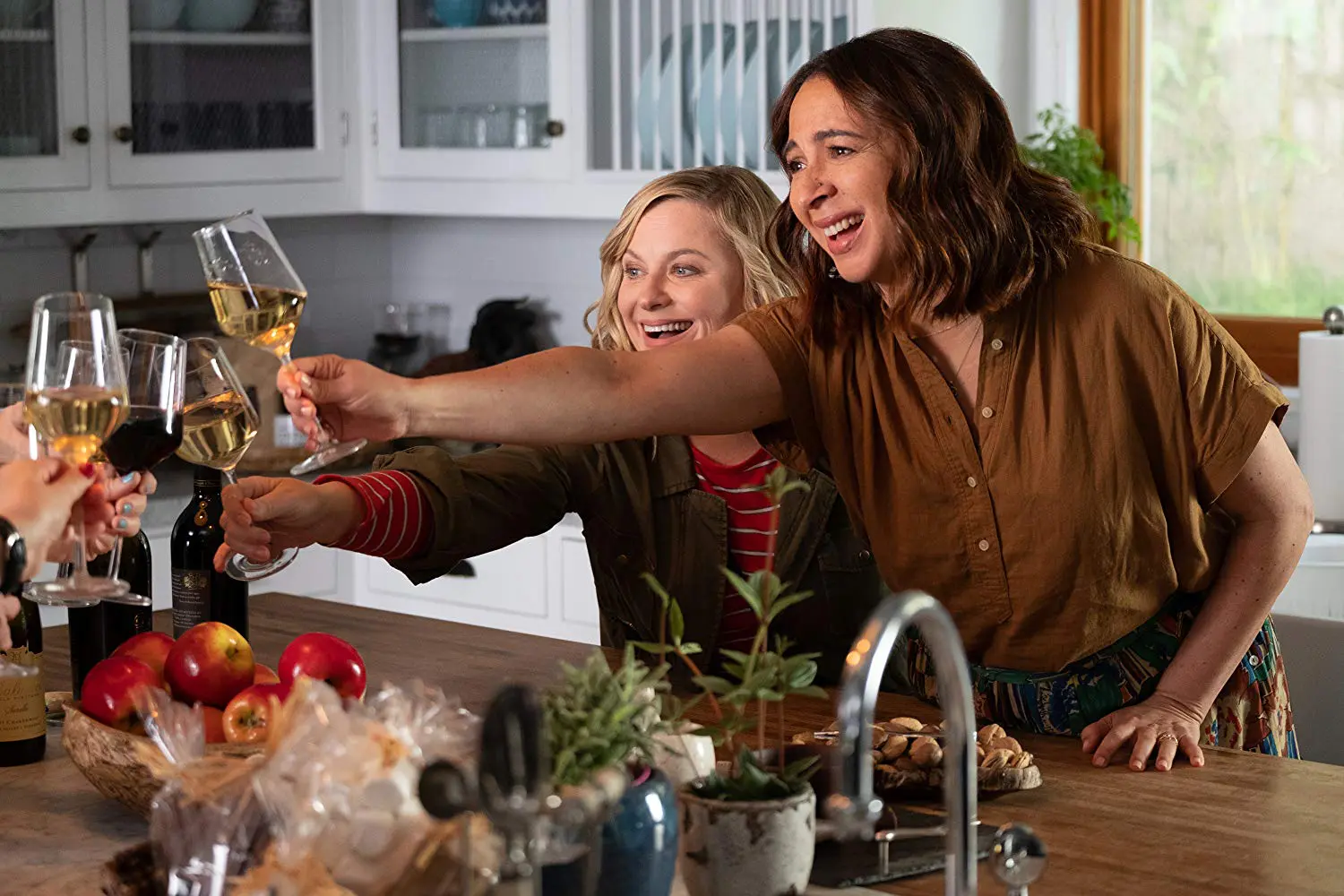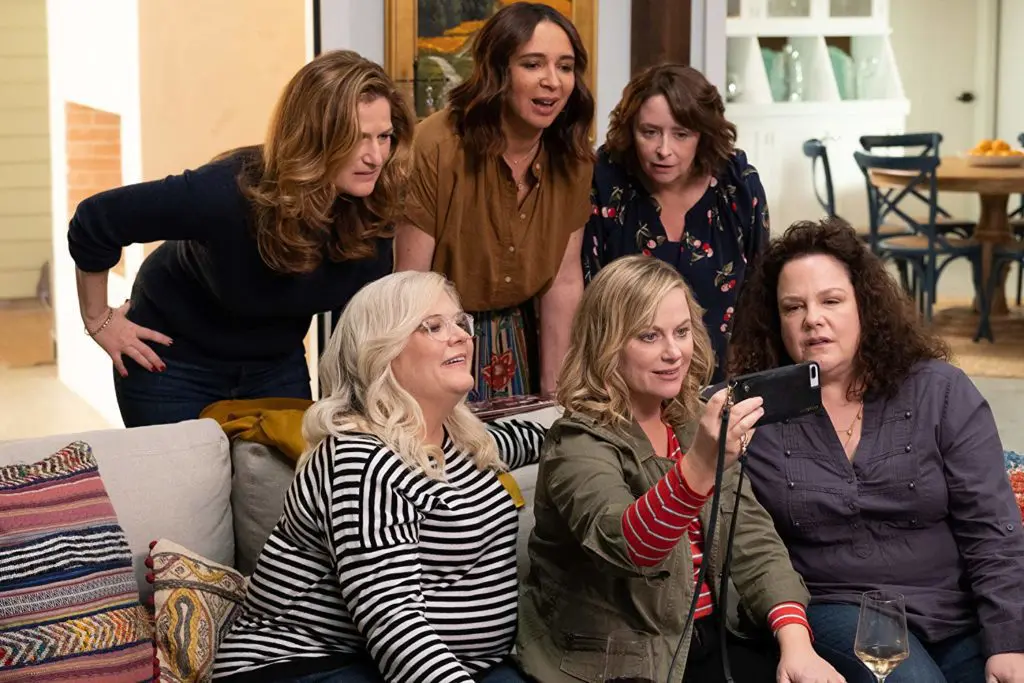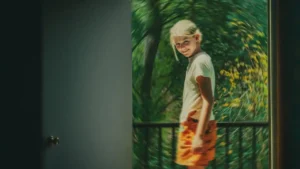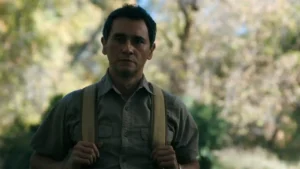Summary
Amy Poehler’s Wine Country has its flaws, but also has something Hollywood needs to make more of: Female-centric films that are smart, genuine, and offer something real.
Things have been moving slowly in the right direction in Hollywood when it comes to affording more opportunities from a diversity standpoint to different voices and talents in film and television. With the female-directed and written Wine Country, you have a film with its flaws, but that has what Hollywood needs to make more of: A smart, genuine female-centric story and offers something real.
Wine Country dropped on Netflix today and is the directorial debut for Amy Poehler. Her film is almost like being a fly on the wall of one of those Instagram posts or stories of friends from college who have gotten together for a girl’s weekend a decade (or two… well, in this case, three) later. The film has a whip-smart script from longtime collaborators Emily Spivey (SNL, Parks & Recreation) and Liz Crackowski (Last Man on Earth, Community).
The film is set, of course, in Napa Valley, as a group of women who developed a lifelong friendship after serving pies as waitresses in a local Chi-Town restaurant nearly 25 years before. All Poehler’s Abby wants is to have a peaceful and tranquil weekend with her best pals. Their excuse to get together is that their friend Rebecca (former SNL cast member Rachel Dratch) is turning 50. They bring along their friends of various character types as well.
Catherine (Ana Gasteyer) is a workAholic who has started a thriving chain of pizza places and is now a frozen-food empire. Naomi (Maya Rudolph) is a stay-at-home mom with four kids at home. You also have Val (a scene-stealing Paula Pell), a lesbian and the proud recipient of a double-knee replacement. Finally, you have that friend who you always have to convince to go anywhere. Of course, secrets will be shared when they get together, and old grudges will again see the light of day.

As stated before, Poehler’s film has a lot going for it with its sharp comic eye and observational humor. Many of their best lines work off of the phrase, “things we say now,” that has to do with observations that are current to them and past moments like choosing songs from their generation’s playlist (“Lauren Hill? Bless it.’). For that matter, the film doesn’t go for low or even high brow, while most of its jokes are just humorous with one or maybe two laugh-out-loud moments. When it does go for the physical comedy, the film can underperform when not all jokes hit their mark.
The chemistry between the cast is apparent and helps move Wine Country along even when it does start to drag. The film is about 10 minutes too long and could have benefited from some tighter editing that is a bit self-indulgent and even self-aggrandizing (there is an unusual scene with an extended stare from her Abby character). The real ace up her sleeve, however, is the veteran comic Paula Pell, who delivers some of the films best liner’s (“Look at your skin, it’s like marzipan.”) Tina Fey has a guest spot as the owner of the house the girls have rented out. Her character, though, comes across more like a Ron Swanson retread character than anything original.
I recently watched The Hustle, a remaking of Dirty Rotten Scoundrels, which flips the script on the gender roles; it has one of the lazier scripts I’ve seen in a decade. Last year’s Ocean’s 8 stole your money with all style, no substance, and a plot that was on life support. Both of these films are unoriginal, uninspired, and unworthy of your time. Is it a coincidence that both of these films were directed and written by men? If anything, it’s not just about casting supremely talented women in studio films or leading roles anymore; it’s about giving diversity a voice and putting these women as leads in better material.
Wine Country has its flaws, but its finely written script makes it worth your time and offers a mildly enjoyable experience.




